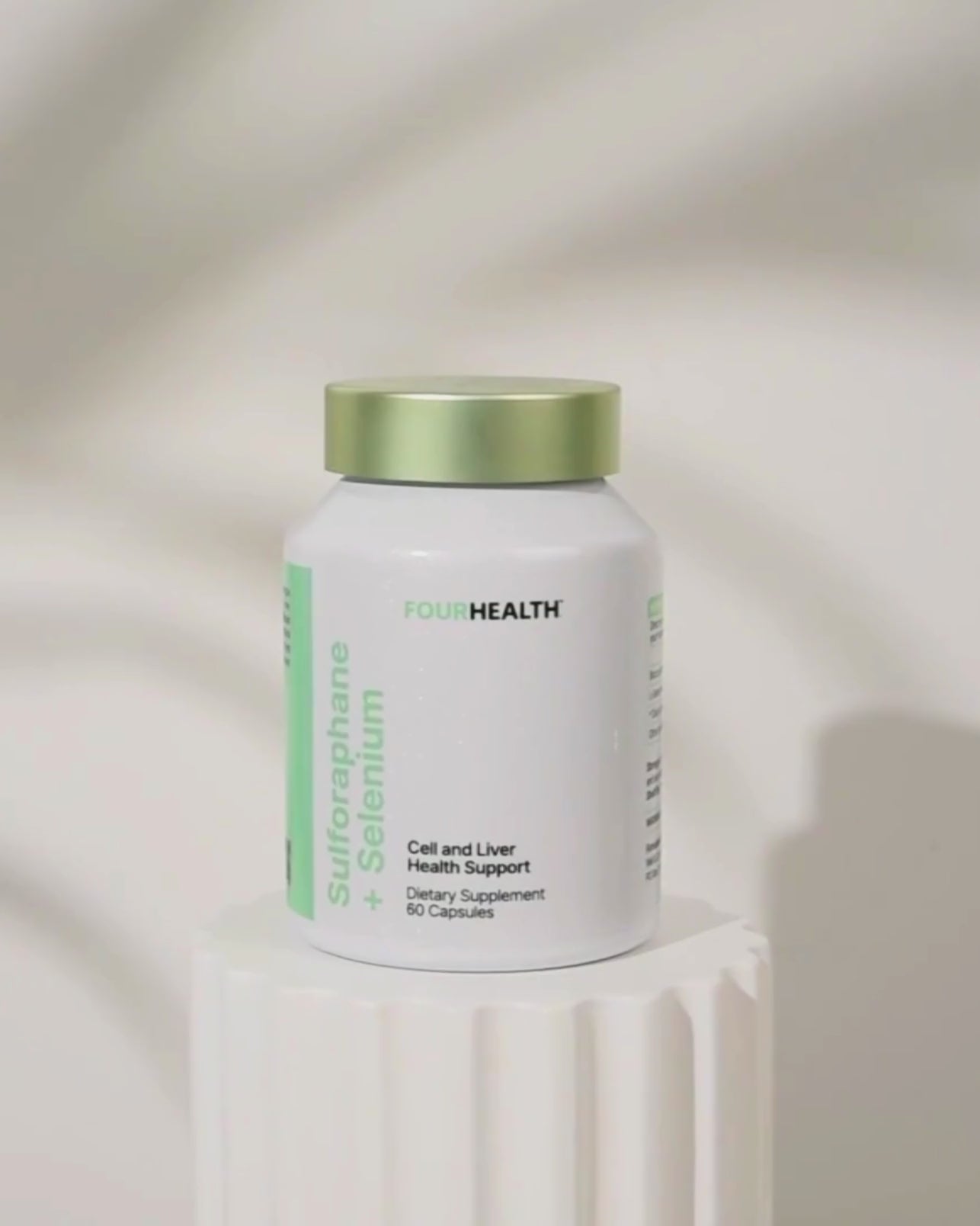Your hormones are powerful messengers that control everything from your energy levels to mood, metabolism, and overall well-being. While many factors influence hormone balance, one of the most powerful ways to support healthy hormone levels is through the food you eat. But how exactly does food impact your hormones? Let’s dive in.
The Connection Between Food and Hormones
Food isn’t just fuel — it’s a key player in keeping your hormones in check. What you eat can either help balance your hormones or disrupt them. Here’s how:
1. Nutrient-Rich Foods Promote Hormonal Balance
Certain nutrients are essential for your body to produce and regulate hormones. For example, healthy fats (like those found in avocados, nuts, and fish) are crucial for the production of hormones like estrogen and progesterone. Leafy greens, rich in magnesium and fibre, help reduce excess estrogen in the body, promoting balance. On the flip side, a diet high in processed foods, sugar, and unhealthy fats can lead to inflammation and hormone disruption.
2. Blood Sugar Levels Affect Hormonal Health
Maintaining stable blood sugar levels is crucial for regulating insulin — a hormone that controls blood sugar. When insulin levels spike due to sugar-laden foods or refined carbohydrates, it can lead to a cascade of hormonal imbalances, including issues with cortisol (the stress hormone), estrogen, and testosterone. A diet rich in whole foods, fibre, and protein helps to keep blood sugar levels stable, supporting overall hormone health.
3. Gut Health and Hormones
Your gut health plays a significant role in hormone regulation. A healthy gut helps metabolise and eliminate excess hormones, particularly estrogen. Imbalances in your gut microbiome can lead to hormonal issues like estrogen dominance, which is linked to problems such as PMS, mood swings, and weight gain. Fibre-rich foods and probiotics are essential to promote a balanced gut and healthy hormone function.
4. Inflammation and Hormonal Imbalance
Chronic inflammation is one of the main drivers of hormonal imbalance. It can interfere with hormone receptors, making it difficult for your body to regulate key hormones like insulin and cortisol. Anti-inflammatory foods like berries, fatty fish, and broccoli sprouts can help reduce inflammation and support hormonal health.
Easy Tips for Hormonal Balance
If you’re looking to support your hormones naturally, here are some simple, practical tips:
-
Eat more whole foods, particularly those rich in fibre, healthy fats, and essential nutrients. Foods like leafy greens, avocados, and nuts provide the building blocks for hormone production.
-
Incorporate cruciferous vegetables (like broccoli, cauliflower, and kale) regularly. They contain compounds that naturally support healthy estrogen metabolism.
-
Limit sugar and processed foods. These can cause blood sugar spikes, leading to insulin resistance and other hormone imbalances.
-
Prioritise gut health by consuming probiotics and fibre-rich foods to support the breakdown and removal of excess hormones.
-
Stay hydrated, as this helps your body detox and maintain optimal hormone levels.
- Add FourHealth Sulforaphane + Selenium to your routine. Packed with Sulforaphane from broccoli sprouts, Sulforaphane + Selenium supports hormone health by aiding in detoxifying excess estrogen, promoting liver function, helping reduce inflammation, and balancing blood sugar levels — all crucial for keeping your hormones in check. Just two capsules a day offer targeted support for hormone balance and overall wellness.
Your diet is one of the most powerful tools for supporting hormonal health. By focusing on nutrient-rich, anti-inflammatory foods and incorporating FourHealth S+S into your daily routine, you can naturally balance hormones, boosting your energy, mood, and overall well-being. Embrace the power of nutrition, and support your hormones the natural way!






